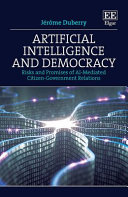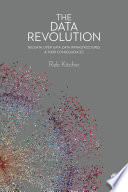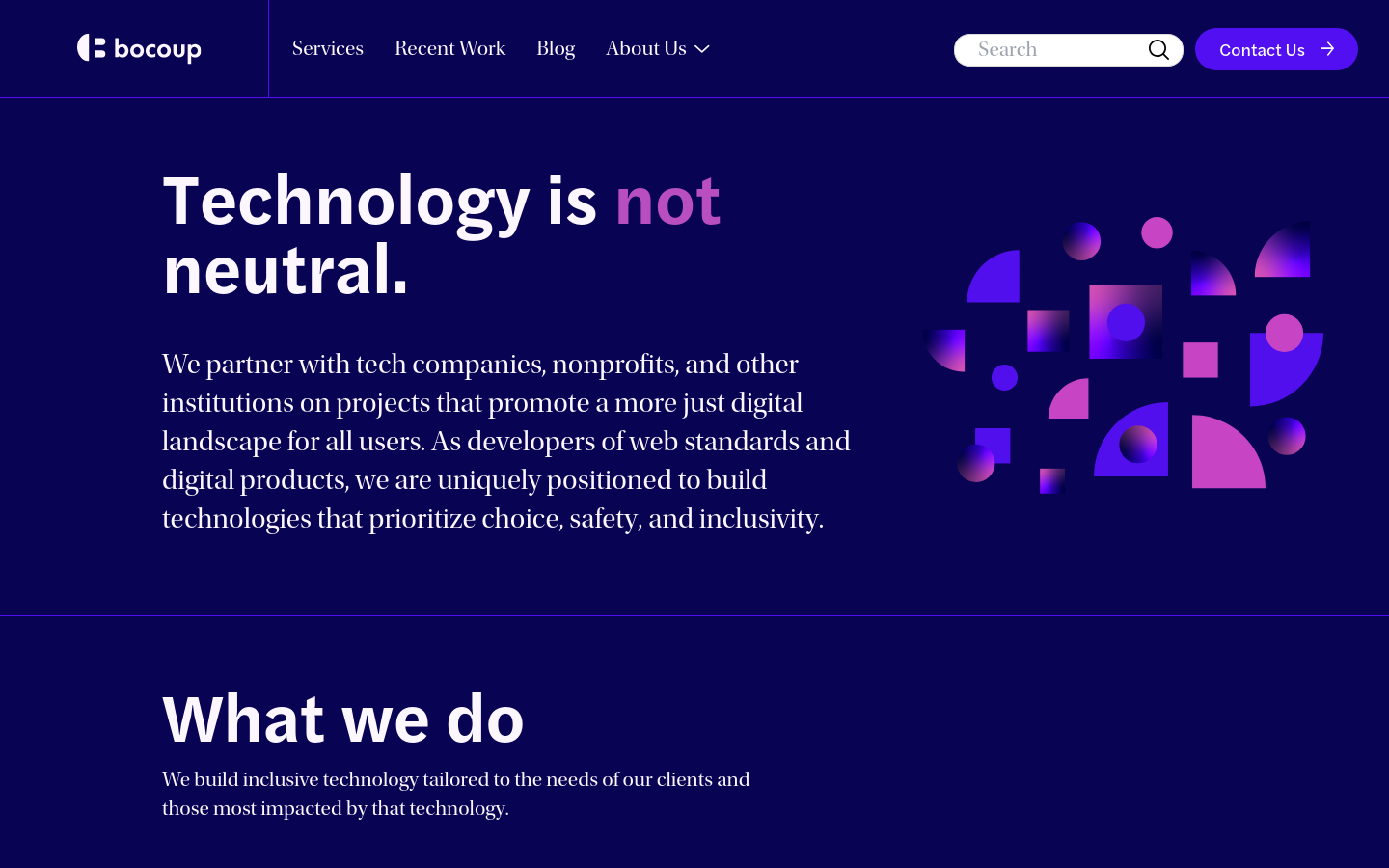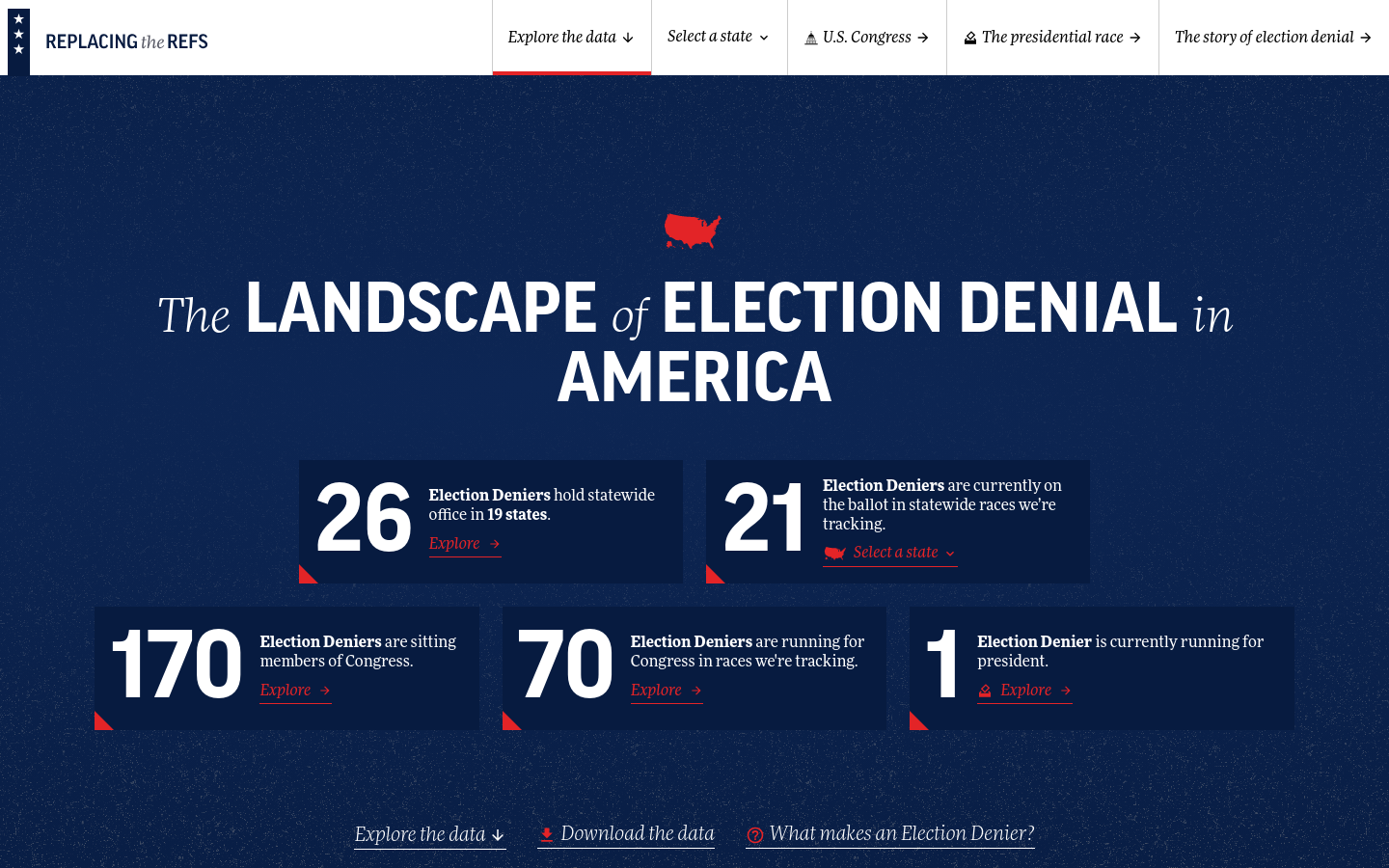Civic Tech Field Guide
Sharing knowledge and productively growing the fieldSearch Results - cape (146)
Showing 146 Results

This insightful book explores the citizen-government relation, as mediated through artificial intelligence (AI).

Accessible in style, the book provides: A synoptic overview of big data, open data and data infrastructures An introduction to thinking conceptually about data, data infrastructures, data analytics and data markets Acritical discussion of ...

This book explores the challenges that disinformation, fake news, and post-truth politics pose to democracy from a multidisciplinary perspective

Social design is design for society and with society. As social innovation and on the basis of dialogue and participation, social design strives for a new networking of the individual, civil society, government, and the economy.

Technology also expands the nature and volume of data collected by governments, altering the significance of open government data and rendering its practice more complex. In this evolving context, this book explores the future of open data.

Land & Carbon Lab partners with leading scientists and technologists to harness the power of artificial intelligence and geospatial monitoring to build cutting edge, open access monitoring systems for the world’s land and its nature-based carbon.

Caught in the Web (CitW)
Colombo, Sri LankaCaught in the Web (CitW) is a 26 month initiative supported by the Foreign and Commonwealth Development Office United Kingdom where Search for Common Ground, Hashtag Generation, and Centre for Equality and Justice work as a consortium to advance effective responses to gendered online hate speech and cyber sexual and gender based violence in Sri Lanka.

Digital Wellbeing Initiative
Colombo, Sri LankaThe Digital Wellbeing Initiative in Sri Lanka is a project that collaborates with youth, technology professionals, artists, and policymakers to equip the next generation with the skills and knowledge needed to navigate the digital landscape with skill and intellect and find a balance between the promise of technology and their personal well-being.

Media Diversity Institute
LondonMedia Diversity Institute (MDI) works internationally to promote accurate and nuanced reporting on issues of race, religion, ethnicity, class, disability, gender and sexual identity in media landscapes around the world.

IAP2 Training Programs
DenverIAP2 carries out its mission to advance and extend the practice of public participation by organizing and conducting professional development activities to serve the learning needs of members.

Bocoup
MassachusettsWe partner with tech companies, nonprofits, and other institutions on projects that promote a more just digital landscape for all users.

Digital Identity in Public Benefits Research
Georgetown University, Washington, DCThe National Institute of Standards and Technology (NIST), the Digital Benefits Network (DBN) at the Beeck Center for Social Impact + Innovation at Georgetown University, and the Center for Democracy and Technology (CDT) are collaborating on a two-year-long collaborative research and development project to adapt NIST’s digital identity guidelines to better support the implementation of public benefits policy and delivery while balancing security, privacy, equity, and usability.

Future of Constituent Engagement
United States of America (the)POPVOX Foundation is working with legislative offices, support institutions, civil society, academics, and tech innovators to explore the future landscape of two-way engagement between representatives and constituents.

The WWF Climate Realism Exhibition combines latest local data from climate research with custom-built AI pipelines to send famous landscape paintings from art history into their possible climate futures.

Replacing the Refs
United States of America (the)The Landscape of Election Denial in America

Tech Diplomacy Academy
IndianaOnline education platform: "Learn new ways of working at the intersection of innovation, business, and geopolitics, and discover the role you or your organization can play in a future where technology advances freedom."

Parliament Watch (Thailand)
Bangkok, ThailandAn open-source comprehensive platform that serves as a one-stop solution for monitoring Thailand's parliament.

Spatial Equity NYC
Massachusetts Institute of Technology (MIT)Spatial Equity NYC (SE), a tool developed by MIT’s Norman B. Leventhal Center for Advanced Urbanism (LCAU) in close collaboration with New York City-based nonprofit Transportation Alternatives (TA), visualizes mobility, environment, and health data.

Street Activity Sensors
New York City8-month pilot to test 12 computer-vision sensors across four boroughs of NYC to employ machine vision and improve street-level data collection and improve planning decisions

Checkit
Cape Town, South AfricaCheckIT is a flexible, event-based mobile inspection tool designed by VPUU to improve the delivery of essential services in Cape Town’s informal settlements.

Mozilla’s Elections Casebook
Mountain View, CA, USAScrutinizing what steps platforms have taken to protect election integrity globally

FreedomBox Foundation
New York CityFreedomBox is a private server system that empowers regular people to host their own internet services, like a VPN, a personal website, file sharing, encrypted messengers, a VoIP server, a metasearch engine, and much more.

Academic analysis of open data on Github finds it's "one of the largest hosts of open data in the world and has experienced an accelerated growth of open data assets over the past four years."

Tow Zone Alerts
Boston, MAWe help people avoid getting ticketed and towed when they park on the street through simple SMS alerts.
![reframe[Tech] – Algorithms for the Common Good](https://ctfg-airtable.s3.amazonaws.com/screenshots/334343.png)
reframe[Tech] – Algorithms for the Common Good
Germany (Deutschland)In the project “reframe[Tech] – Algorithms for the Common Good”, we are committed to ensuring that efforts to develop and use algorithms and artificial intelligence are more closely aligned with the common good.

Digital Authentication and Identity Proofing in Public Benefits Applications
Georgetown University, Washington, DCCreated and published by the Digital Benefits Network, this open dataset and analysis documents identity proofing and authentication practices in online public benefits applications across the US, contributing to field-wide understanding about the digital identity landscape in public benefits, an important issue for equitable benefits access.

Civicspace.tech
Washington, DCA collection of approachable but well-researched primers on emerging tech and potential benefits and risks

Infrastructure Space
Manchester, United KingdomInfrastructure Space was established in 2017 to acknowledge the infrastructural turn in architectural theory, to embrace the thinking and methods established in L+U and [Re_Map] and to explore new territory, specifically the interface between digital communications, infrastructure and the production of space no longer limited to urban contexts, but accepting the often intangible manufactured nature of most British landscapes.

Digitally Yours Podcast
Tunisia (Tunis)Technoloxia's podcast series that brings you an in-depth look into the digital landscape in North Africa. Latest debates at the intersection of technology, policy and Society.

Israel Tech Policy Institute
Tel Aviv, IsraelTech policy leadership and scholarship, advancing ethical practices in support of emerging technologies

Oslo Governance Centre
Oslo, NorwayThe Oslo Governance Centre (OGC) is UNDPs dedicated Global Policy Centre for Governance issues. It promotes transformative governance for peaceful, just and inclusive societies.

The Benefits Enrollment Field Guide
San FranciscoThe Benefits Enrollment Field Guide looks at the landscape of America’s safety net benefits experience in 2023 and tracks the differences from our 2019 assessment based on expanded evaluation criteria.

Newspeak House Residency
Newspeak House, Bethnal Green Road, London, UKAt the heart of Newspeak House is its residential programme, running since 2015. Seven residents spend a year immersed in these communities, enjoying the chance to meet thousands of people and attend events held on their doorstep.

Tile2Net
United States of America (the)"an end-to-end open-source framework for creating georeferenced pedestrian networks from aerial imagery"

Great King Machines
India (Bhārat)We manufacture embedded city maintenance machines for city civic and green agencies to upgrade to new standards of service to the citizens.

The Change Network is a self-paced, 12-month online program that provides structure, tools, coaching, and community to accelerate your goals toward becoming more equitable and inclusive.

Narrative Change Lab
TorontoInspirit Foundation program "to shift the Canadian narrative landscape for equity-seeking groups through pop culture."

When fintechs and nonprofits work together, they can offer a powerful combination of well-designed tech solutions and supportive relationships with trusted partners to improve financial health.

CiviCue
Taiwan (T'ai-wan)CiviCue is a decentralized autonomous civic media platform equipped with blockchain civic tech that aims to disrupt existing media landscape by serving as a public good collectively owned and managed by all users who contribute to the platform wellbeing and benefit from profit sharing, thus balancing commercial interests and social values.













